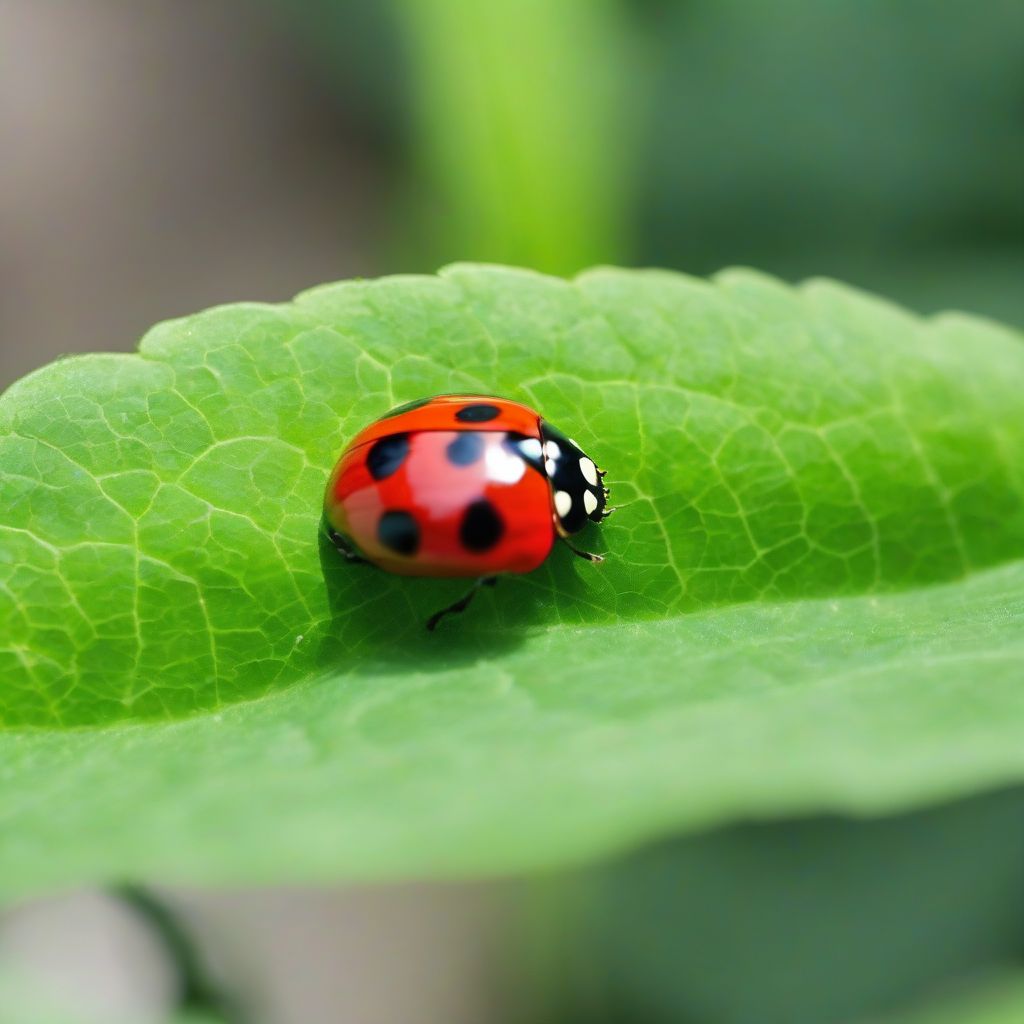Imagine stepping into your garden, sunlight dappling through lush leaves, plump tomatoes glistening on the vine, and the intoxicating aroma of herbs filling the air. Now imagine this vibrant ecosystem teeming with beneficial insects, all working in harmony to keep pesky critters at bay, naturally. This is the magic of organic pest control, and it’s easier than you think!
Understanding the Organic Approach: A Friendlier Battle Plan
Traditional pest control often involves harsh chemicals that can harm beneficial insects, pollute the environment, and potentially impact your health. Organic pest control, on the other hand, embraces a gentler, more sustainable approach.
Instead of obliterating every bug in sight, it focuses on prevention, natural predators, and building a healthy ecosystem where pests are less likely to thrive. It’s about working with nature, not against it.
Winning Strategies: Natural Pest Control Methods
Ready to say goodbye to chemical warfare and hello to a thriving garden? Here are some proven organic pest control methods:
1. Prevention: A Stitch in Time Saves Nine
The best offense is a good defense, right? Here’s how to prevent pests from setting up camp in your garden:
- Choose Resistant Varieties: Opt for plant varieties known for their resistance to common pests in your area. Your local nursery can offer valuable advice.
- Rotate Crops: Just like we need a varied diet, so do pests! Rotating crops each year disrupts their lifecycle and prevents infestations from taking hold.
- Companion Planting: Some plants are natural deterrents to specific pests. Planting marigolds alongside tomatoes, for example, can help keep those pesky whiteflies away.
- Provide Adequate Spacing: Good air circulation is key to preventing fungal diseases. Give your plants room to breathe!
- Keep it Clean: Remove plant debris and fallen fruit regularly, as these can harbor pests and diseases.
2. Calling in the Cavalry: Beneficial Insects to the Rescue
Think of beneficial insects as the superheroes of your garden, always ready to fight the good fight against pests:
- Ladybugs: These adorable beetles are voracious aphid eaters!
- Lacewings: With their delicate wings and insatiable appetites, lacewing larvae are a nightmare for aphids, mites, and other soft-bodied pests.
- Praying Mantises: Masters of disguise, praying mantises lie in wait to ambush a wide variety of insects.
- Attract and Protect: Attract these beneficial insects by planting nectar-rich flowers like yarrow, dill, and cosmos. Avoid using broad-spectrum pesticides that can harm them.
 Ladybug on Green Leaf
Ladybug on Green Leaf
3. Natural Weapons: Safe and Effective Solutions
Mother Nature provides us with a treasure trove of natural pest control solutions:
- Neem Oil: Derived from the neem tree, this oil disrupts the lifecycle of insects and has antifungal properties.
- Insecticidal Soap: This readily available solution is effective against soft-bodied insects like aphids and mites.
- Diatomaceous Earth: Made from fossilized diatoms, this abrasive powder damages the exoskeletons of insects, causing dehydration.
- Garlic and Chili Pepper Spray: This homemade concoction deters a wide range of pests and can be easily made at home.
4. Healthy Soil, Healthy Plants, Healthy Resistance
Healthy soil is the foundation of a thriving garden and naturally pest-resistant plants:
- Compost: Add compost to your soil to improve its structure, fertility, and beneficial microbial activity.
- Mulch: Mulching helps retain moisture, suppress weeds, and provides a habitat for beneficial insects.
- Avoid Over-Fertilizing: Excess nitrogen can attract pests. Choose slow-release fertilizers and monitor plant growth carefully.
Reaping the Rewards: Benefits of an Organic Garden
Choosing organic pest control isn’t just about protecting your garden; it’s an investment in your health, the environment, and a sustainable future:
- Safer for You and Your Loved Ones: No more worrying about harmful chemical residues on your food.
- Protects Beneficial Insects: By choosing organic, you’re helping to preserve biodiversity and support the delicate balance of nature.
- Environmentally Friendly: Organic methods don’t pollute waterways or harm wildlife.
- Healthier Soil: Organic practices promote a living soil ecosystem, which leads to healthier and more nutrient-dense food.
A Final Word: Embrace the Journey
Remember, transitioning to organic pest control is a journey, not a race. It’s about learning, adapting, and celebrating the small victories along the way. With patience and persistence, you’ll be amazed by the abundance and resilience of your organic garden!
[amazon bestseller=”organic gardening”]
